The Ultimate Plus-One Wedding Etiquette Guide

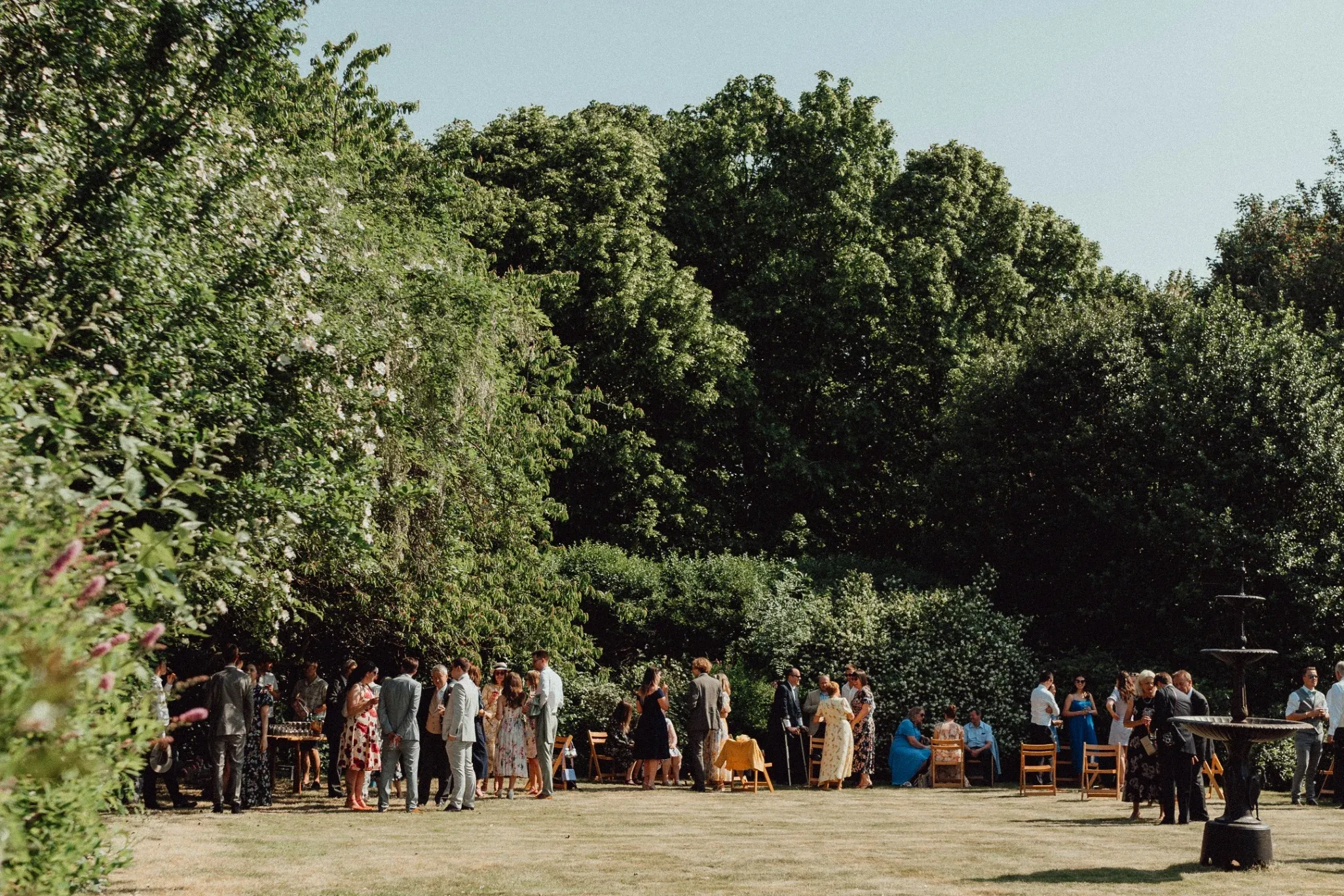
Weddings are absolutely amazing. Whether you’re the one getting married or you’re there to see a loved one, friend or colleague tie the knot, they’re a fun, romantic and exciting event that gives you the chance to celebrate love.
But, one of the biggest grey areas when it comes to weddings is the infamous plus one.
Whether you’re the one sending the invites or you’re the lucky recipient of one, the whole plus‑one situation can be a minefield of awkward questions.
There are questions from the couple:
- Who do I give a plus-one to?
- What limits can I set?
- What if someone gets upset?
And questions from guests:
- Can I bring my new partner?
- Do I have to say who I’m taking?
- Is my best mate qualified to be my plus‑one?
That’s just a very small number of plus-one-related questions. You could practically fill an entire book about them, with so many people not sure about the dos and don’ts, or worried they might commit a faux pas.
But you really needn’t worry. Of course, there are some unofficial rules when it comes to plus-one wedding etiquette, though none of them are written in stone. But, to clear up any doubts or misconceptions, here’s your complete guide to navigating the complicated world of wedding plus‑ones without stepping on any toes or worrying that you might upset someone.
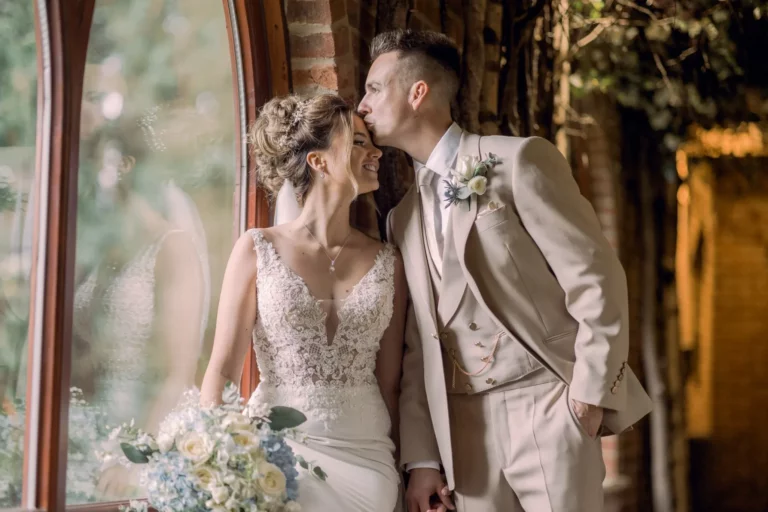
If you’re the couple: Who gets a plus-one?
It doesn’t matter if your best friend doesn’t know many of your relatives, your cousin just started dating someone new or your co-worker really wants you to meet her husband… plus-ones aren’t mandatory. As you probably know by now, weddings are expensive, and opening it up so that everyone can come could push it out of affordability.
Plus, it’s your special day. You might only want to spend it with your nearest and dearest, so seeing lots of faces you don’t recognise might dilute that a little bit.
If you’re not quite sure who to offer a plus-one to and who you have to rule out, here’s a guide to make sure things are fair and thoughtful.
1. Long-term partners? Absolutely
Anyone who’s married, engaged or in a committed long-term relationship should ideally be treated as part of a pair. Even if you’ve never met their partner, it’s thoughtful (and expected) to invite both. It’s also a good idea to mirror any previous invitations. That means, if you were invited to their event as a couple, it’s only fair to return the gesture.
2. Your wedding party deserves one
Your bridesmaids, groomsmen, ushers and anyone taking on a big role in your day should be given a plus-one. They’re already showing up early, getting suited and booted and helping you pull the whole thing off. The least you can do is let them bring someone to celebrate with, even if it’s someone you haven’t met.
3. Singles you know well? Your call
Close friends or family who are single don’t automatically need a plus-one, especially if you’re working with a limited guest list. If they know other people attending and won’t be stranded at a table full of strangers, it’s perfectly fine to invite them solo. Most people understand that space and budget are contentious at a wedding.
4. Everyone else? No obligation
For colleagues, distant relatives or those who tend to show up with a new date every time, a plus-one isn’t necessary. Your wedding isn’t a free-for-all. Keep things focused on people you know, love and genuinely want to share the day with.
When it comes to addressing invites, be specific. If someone’s invited solo, write just their name on the envelope. If they can bring someone, include their partner’s name or use ‘and guest’ or ‘and plus-one’. Clear wording saves confusion and awkward follow-up conversations.
5. What about children?
We’ve covered plus-ones, but what about plus-twos, plus-threes, plus-fours… and so on. Well, this is also up to you. Some couples choose to have a child-free wedding, while others are happy for everyone to join in. It’s really down to you, the vibes you want to go for and, ultimately, your budget.
That being said, if you are happy for children to attend, you may want to limit it to just those you’re closest to. Nieces, nephews, godchildren and the like. Co-workers and neighbours? Maybe not. But, it’s totally your call.
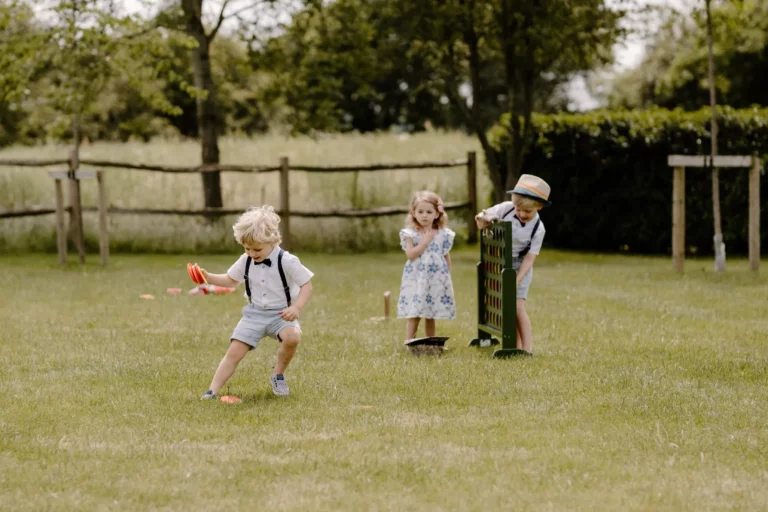
If you’re invited to a wedding: Can you bring a plus-one?
So, your invite arrives, but your invite doesn’t say ‘and guest.’ Before you start mentally shortlisting potential dates, take a minute. What does that mean?
1. Read the invite – twice
Couples don’t decide their guest list on a whim. It’s often a delicate balancing act of budgets, venue limits and family politics. If your invitation is addressed to you and you alone, it’s probably not a mistake. It’s not a challenge or a slight, and it’s not intended to be an insult. It just means that the couple is keeping things tight. Read the envelope and the details carefully before jumping to conclusions.
2. Check the RSVP card
The physical RSVP card or wedding website form is your official clue. If there’s a line asking for the name(s) of attendees, you might be welcome to bring someone, especially if it says something like ‘We’ve reserved two seats in your honour.’ If there’s only space for one name, or it says ‘We’ve reserved one seat,’ that’s your answer. Don’t cross it out or squeeze in another name, because, unfortunately, there’s no room for negotiations.
3. Don’t ask for special exceptions
It might feel harmless to say, ‘Can I bring my new boyfriend?’ but trust us, those requests snowball fast. You might be seeing someone new, hate flying solo or just really want company at the canapés. But asking the couple to bend the rules puts them in an awkward spot. One exception can quickly turn into ten, and most couples are already stretched trying to make everything work. If you genuinely think there’s been a mix-up, it’s okay to check in once. Just be polite but prepared to accept a no.
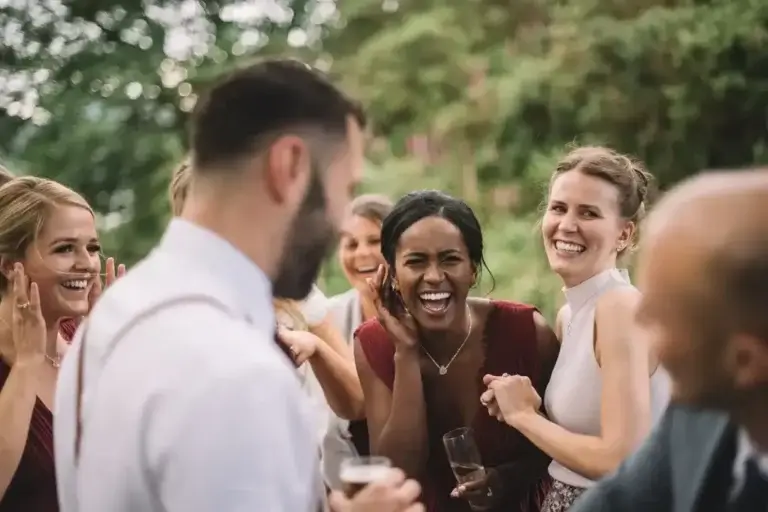
Choosing the right plus-one (Hint: Don’t bring chaos)
If you’ve been granted the privilege of a plus-one, that’s great! But before you start inviting just anyone, you need to remember this isn’t just a free pass to bring the first person who springs to mind. Weddings are intimate, emotional and often expensive affairs, and the couple is trusting you to show up with someone who won’t get up to mischief.
Good plus-one candidates
Your partner or spouse is the obvious choice, especially if they’ve been in your life long enough to know the couple. That kind of familiarity is a win-win for everyone. A close friend can also be a great pick, as long as they’re sociable, supportive and are happy to hold their own in a room full of new people. You want someone who’s happy to mingle, doesn’t need babysitting and knows that they need to blend in.
Bad plus-one choices:
Tempting as it might be, now’s not the time to test-drive a brand-new Tinder date. If you’ve known them for just a couple of months, maybe keep the mystery alive a little longer. Exes are another hard no, no matter how cool or calm you think you are with them. Also, avoid anyone who has a habit of being loud or gets overly excited about an open bar. The last thing you need is someone heckling the father of the bride or best man during the wedding speeches. If your guest is likely to steal the spotlight, start drama or forget their table manners, do yourself a favour and leave them off the RSVP.
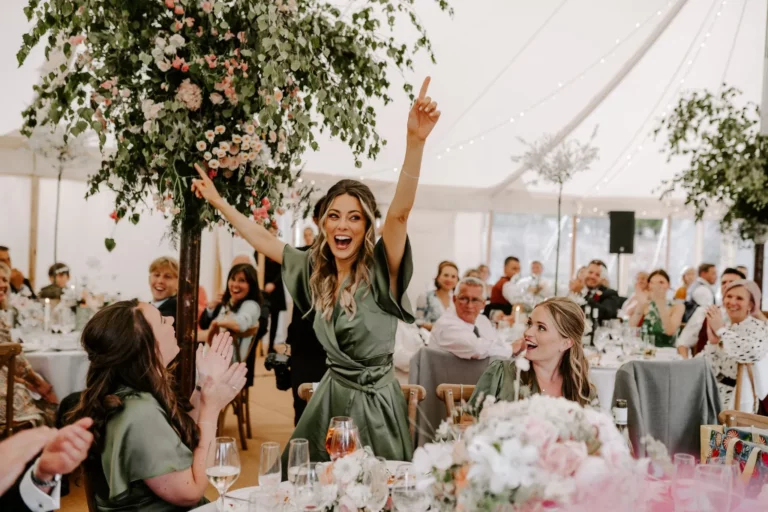
RSVP etiquette for plus-ones
Got that plus‑one option? Here’s how to RSVP like a pro:
Name your guest
If the couple asked for names, make sure to include it on your RSVP. Simply putting something like tbd leaves them chasing you for an update, which will add to their already stressful plate. Plus, you might need to confirm their meal choice, which you can’t do if you’re not sure who you’re going to take along with you.
Respond on time
Your RSVP deadline isn’t a suggestion, so make sure you don’t leave it until the last minute – or worse, later. Catering numbers, table and chair rentals and seating charts depend on you being on time.
Stick to the plan
Don’t swap out your guest last minute if you’ve had a change of heart or a falling out with someone, or if they suddently can’t make it. If something does change, let the couple know ASAP. This is also part of the reason why you shouldn’t ask a brand-new partner to be your plus one.
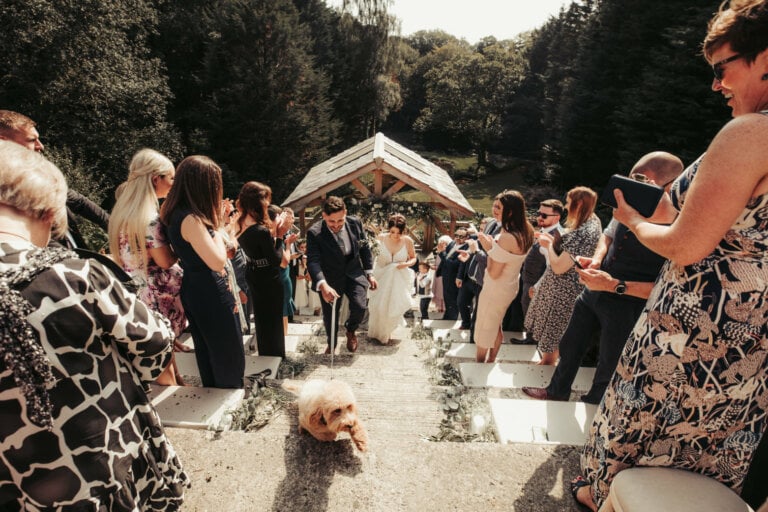
Accommodation & logistics
If you’re bringing a plus‑one to a wedding, it’s your responsibility to plan ahead so you’re not texting the couple the week before because you’re not sure where to go or where you’re staying.
Hotel room
If the couple has reserved a hotel block, use it nice and early. These rooms can book up fast, especially during peak wedding season. If no group accommodation is provided, it’s entirely on you to find a place. Don’t assume the couple will sort it out or have space to host you. They’re juggling enough already.
Transport
Whether you’re driving or taking public transport, make sure your plus-one knows the plan. This includes how you’re both getting to the venue and how you’ll get back, especially if the venue is rural and the celebrations will late. A little pre-planning goes a long way and means you’re not panicking about how you’re going to get around on the day.
Dietary requirements
Don’t forget to include both your own and your plus-one’s dietary needs when you RSVP. Whether it’s allergies, intolerances or preferences, the couple can only cater to what they know. The chef can’t read minds, and scrambling for a last-minute meal swap can really throw a spanner in the works.
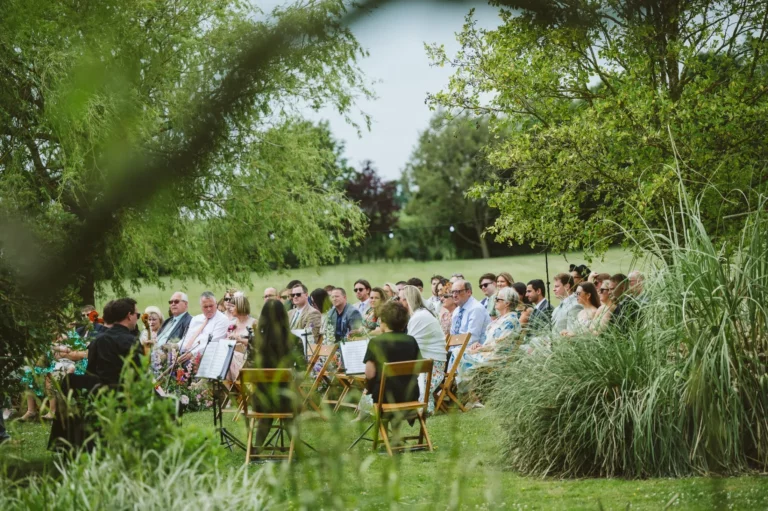
At the wedding: Being a great plus-one
The big day arrives – how lovely! You’re obviously excited, so with your plus-one in tow, here’s how you can be the kind of wedding guest every couple loves.
Be on time
In fact… be early. Ceremonies wait for no one (except maybe the bride)! Arrive in plenty of time and settle in quietly.
Be social
If your plus-one doesn’t know anyone, help them mingle. Weddings are great for making new friends over canapés.
Respect the couple’s wishes
No sneaking into areas marked ‘staff only’, no crashing the photographer’s romantic shots and definitely no surprise speeches.
Hit the dance floor
Nothing livens up a reception like guests who actually enjoy themselves. Drag your plus‑one up for a dance; just don’t hog the couple’s first dance moment.

For couples: Handling awkward plus-one questions
Even with the clearest invitations, there’s a good chance someone will reach out asking, ‘Can I bring my flatmate?’ or ‘Would it be okay if I bring this new person I’ve just started seeing?’ These questions can be uncomfortable and rather awkward, especially when you’ve spent weeks perfecting the guest list. Here’s how to approach them without guilt or drama.
Be honest
It’s completely okay to say no. You don’t need to over-explain or apologise for setting boundaries. A kind but direct response like one that doesn’t give them a chance to argue is all it takes. Something like, ‘We’d love to say yes, but our numbers are really tight and we’ve had to stick to the list’ does the job. Most guests will understand, especially if they’ve probably planned or attended a wedding before.
Offer alternatives
If it feels right, soften the no with another opportunity to connect. You could say, ‘We can’t squeeze in any extra guests on the day, but we’d love to celebrate with you another time, maybe drinks the week before?’ That way, you’re showing you value them, even if you can’t accommodate their request.
Stay firm
It might feel harmless to make one exception, but that can set off a domino effect, because people talk. Then suddenly, you’re juggling extra chairs, extra meals and hurt feelings. Stick to your original boundaries. Remember, your wedding is a day you’ve planned to the nth degree, and there’s usuallly little wiggle room.
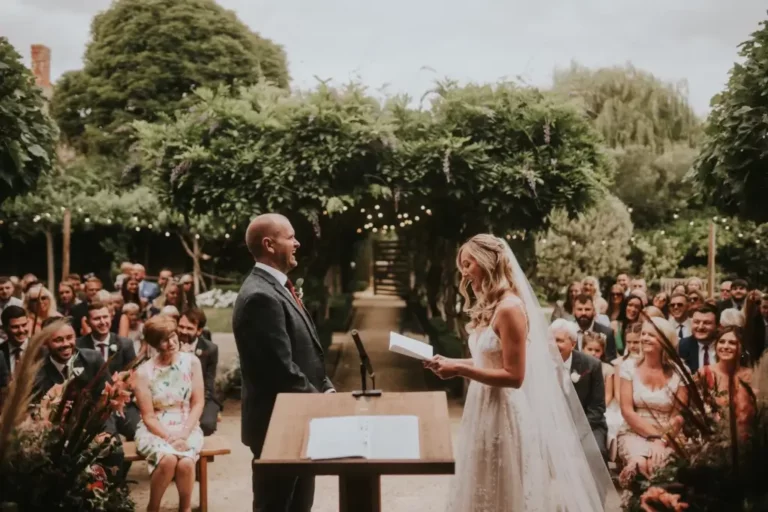
Common wedding plus-one FAQs
Q: Can I bring my kids as my plus-one?
A: Not unless the invitation specifically says children are welcome. Many weddings are adults‑only.
Q: My partner was invited by name but we’ve broken up. Can I bring someone else?
A: Ask first! The couple might prefer you come solo if seating plans are set.
Q: Do I have to pay for my plus-one?
A: Nope! The couple covers the cost. But a thoughtful wedding gift from both of you is always appreciated.
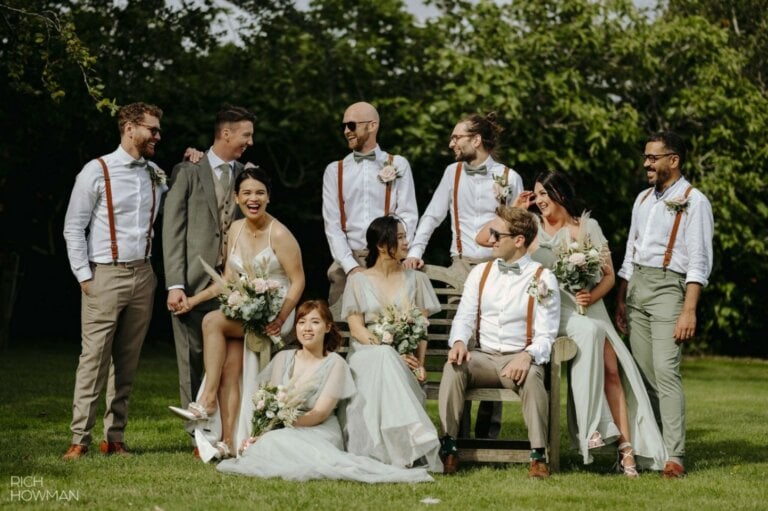
Time to be wedding-ready
The whole wedding plus‑one subject doesn’t have to be tiptoed around. Whether you’re the couple planning your dream wedding or a guest attending one, it’s all about clear communication and respecting boundaries. And, of course, celebrating the love between two people!
Ready to plan your perfect wedding? Sign up to Bridebook today to do everything from discovering your dream venue to breaking down your buddget.
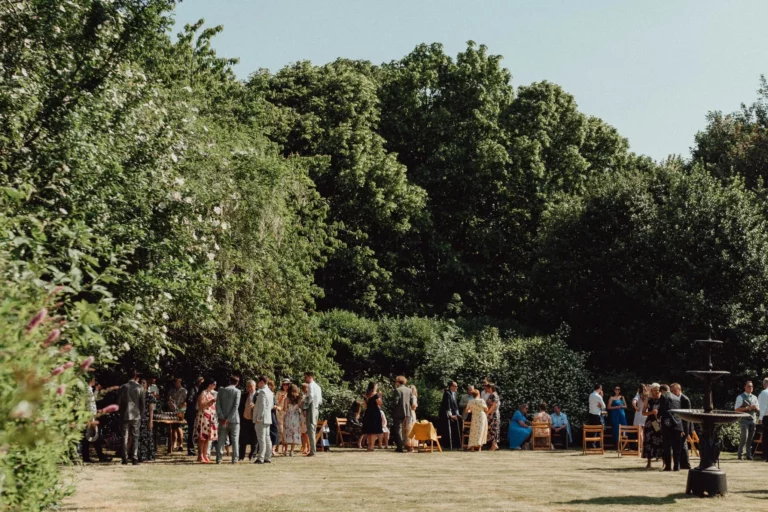
You Might Also Like…
- Introduction: Your Wedding Guest List
- How to Make a Wedding Guest List (Who to Invite & Who Not To)
- 11 Wedding Guest List Arguments All Couples Have (And How To Resolve Them)
- How To: Discuss Your Wedding Guest List With Your Family
- Wedding Etiquette: Who (Traditionally) Pays For What?
Happy Planning!

